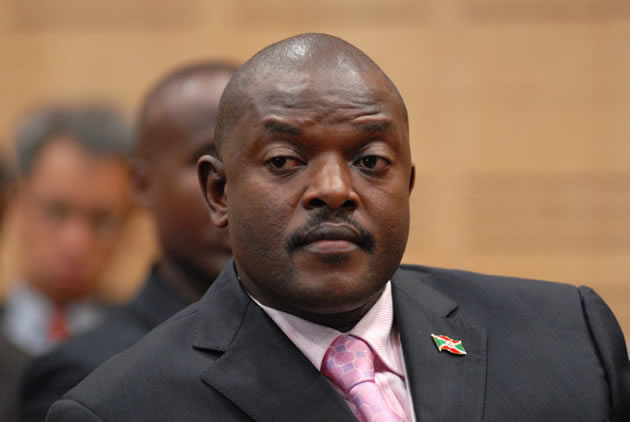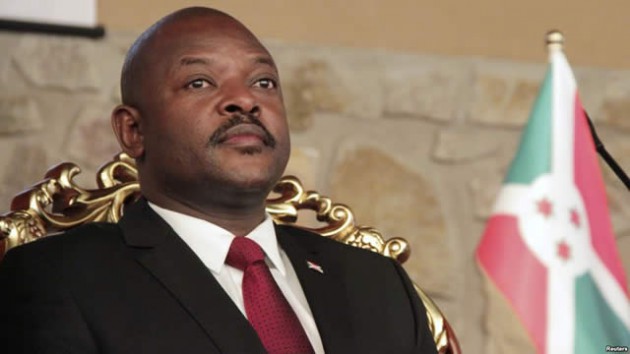UN should support african Union’s efforts in Burundi

Correspondent
IN a remarkable move last month, the African Union recommended the deployment of up to 5 000 peacekeeping troops to Burundi to prevent further bloodshed. The African nation has been in turmoil since President Pierre Nkurunziza decided to run for an unconstitutional third term. Almost 400 people have died, and hundreds of thousands have fled to neighbouring Tanzania and Rwanda.
The proposed African Prevention and Protection Mission in Burundi, called by its French acronym MAPROBU, would be deployed for six months to “contribute . . . to the protection of civilian populations under imminent threat” and if necessary, “the disarmament of militias and other illegal groups (and) the protection of political personalities.” This marks the first time the African Union has threatened to invoke Article 4(h) of its charter, giving the AU the right to intervene in a member state “in respect of grave circumstances, namely: war crimes, genocide and crimes against humanity.”
Unsurprisingly, Burundi’s defiant government has rejected the proposal, with Mr Nkurunziza declaring last week that a deployment would be considered an “attack on the country” and that Burundians “will stand up and fight against them.”
The AU has insisted that it will continue to push for Burundi to allow troop deployment. Burundi’s already untenable situation is fracturing even further. The country has the same Hutu-Tutsi makeup as neighbouring Rwanda, site of a 1994 genocide, and has weathered its own share of devastating ethnic conflict. Though the current crisis has chiefly been political, violence along ethnic lines has been increasing.
Police have reportedly cracked down on protesters in Tutsi neighbourhoods outside of the capital, Bujumbura. In an even more worrying development, the army, which largely refrained from cracking down on civilians, has now fractured.
A Tutsi colonel, Edouard Nshimirimana, defected from the army and declared the creation of a new rebel force. Mr Nshimirimana’s group was behind a deadly attack on three military camps on December 11, which killed nearly 90 people.
The East African Community hosted regional mediation efforts in Uganda last month, but Mr Nkurunziza’s government continues to undermine the peace talks. The government has reportedly demanded that opposition members it accuses of taking part in an attempted coup in May be prevented from attending the dialogue.
The Burundi government has threatened to skip the next round of talks in Arusha, Tanzania, tomorrow. All of these signs point to Mr Nkurunziza’s unwillingness to put the peace and security of Burundi’s citizens ahead of his own desire to stay in power.
The African Union should be commended for showing bold leadership in the crisis, which demands an African-led solution. Beyond the threat of deploying peacekeeping forces, the AU has also threatened sanctions on Burundian actors who refuse to attend peace talks. The United States has announced its support for the African Union’s efforts to deploy troops to Burundi.
The UN Security Council also should stand behind the people of Burundi, pass a resolution in support of the African Union’s efforts and make clear that boycotting peace talks is unacceptable. — Washington Post.










Comments